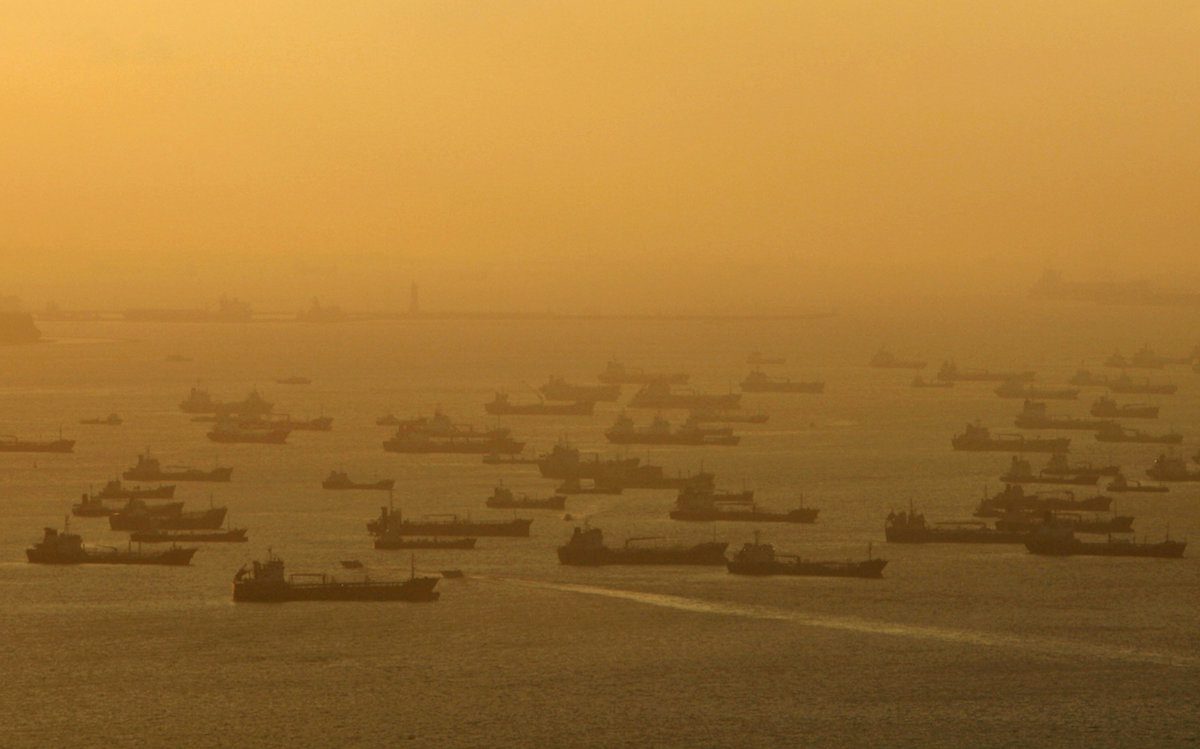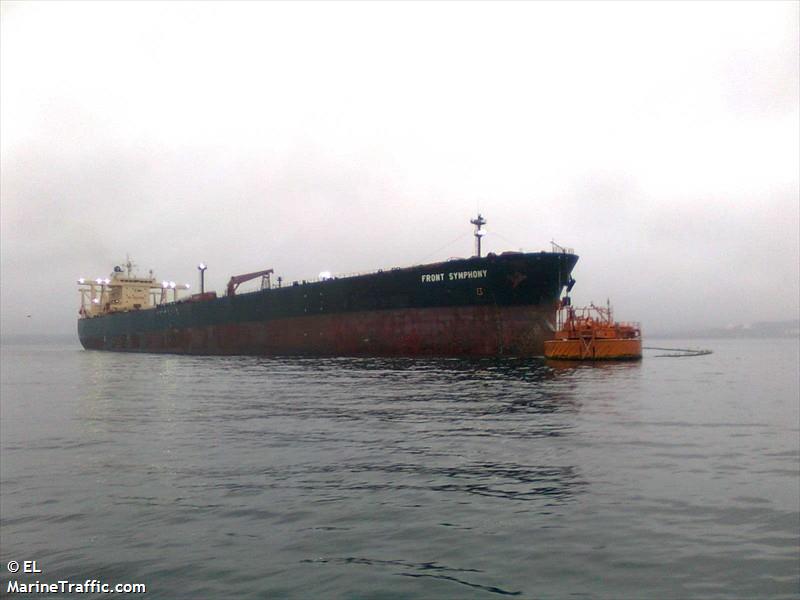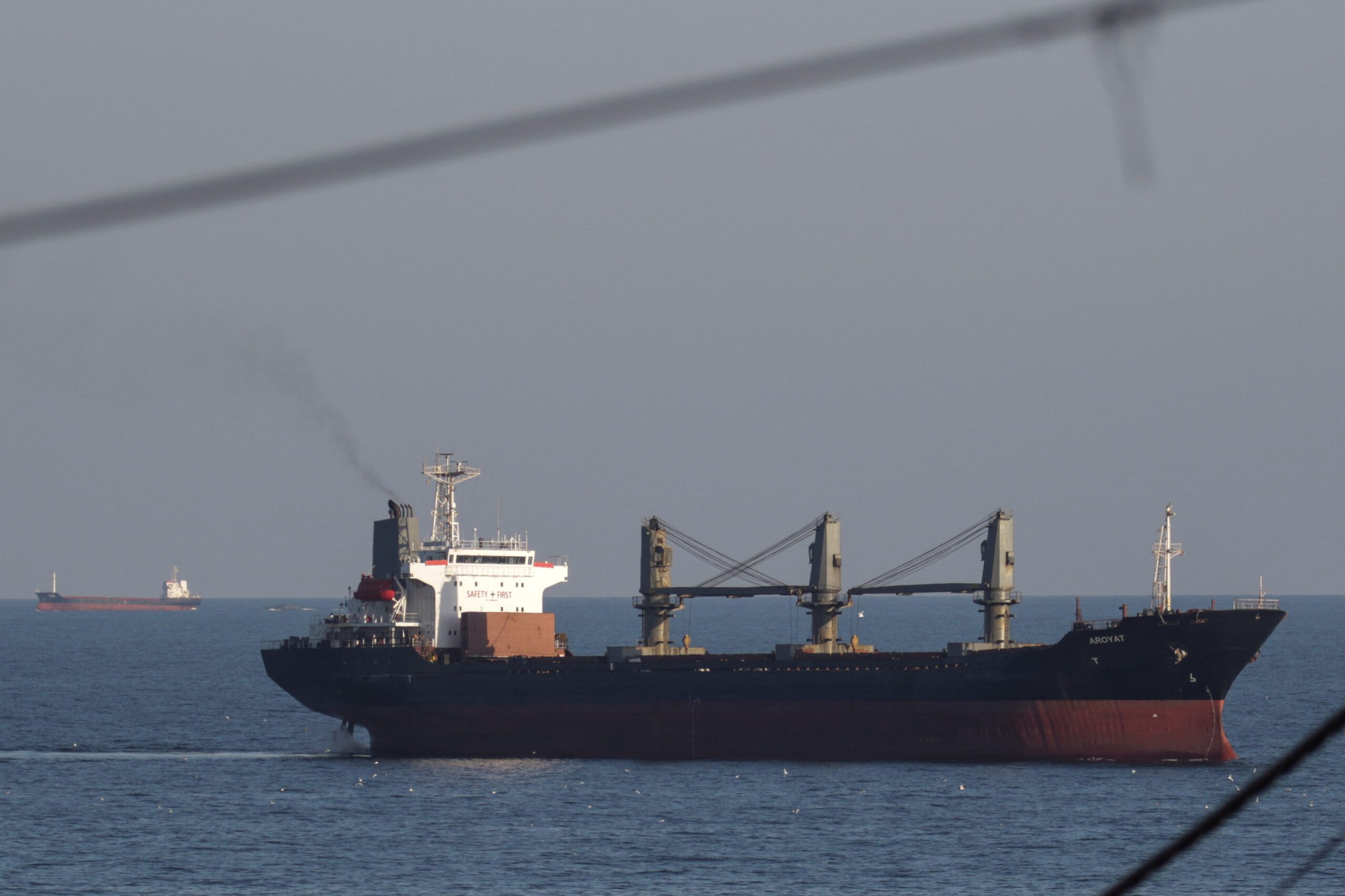By Alfred Cang (Bloomberg) —
In January, as a mysterious illness ripped through the Chinese city of Wuhan, global oil prices plunged. Two thousand miles away in the island state of Singapore, one of the most powerful men in the world of commodities trading, Lim Oon Kuin, quietly added to his vast stockpiles of fuel – making a bet that China would successfully control the spread of the new disease.
That gamble soured quickly. While China did curb the coronavirus at home, the pandemic that followed brought crude oil prices tumbling as much as 70%. Banks tried to recover loans from Lim’s company, Hin Leong Trading Pte, triggering one of the biggest scandals in the oil industry this century. Lim’s empire collapsed, owing $3.5 billion to 23 banks, and the fallout from the debacle is still reverberating into 2021, shaking out large tracts of the vast and often opaque $4 trillion global oil-trading industry.
The losers are likely to be the hundreds of small trading firms, many of them employing only a handful of people, who will find it expensive, if not impossible, to meet the increased demands for information from banks that have become wary of lending them money. Those gaining from the crisis are the big global trading houses such as Trafigura Group and Vitol SA, that retain the confidence of the finance companies and are better able to absorb the costs of increased oversight.
A sign of those changes came earlier this month when banks in the major oil trading hub of Singapore issued new guidelines for financing that could curb some of the practices that led to the shock from Hin Leong, whose creditors, including HSBC Holdings Plc. and Singapore’s DBS Group Holdings Ltd., are still fighting to recover funds.
Netherlands-based ABN Amro Bank NV has said it will pull out of commodity trade finance altogether, and others, including France’s BNP Paribas SA, said they were scaling back or reviewing their businesses. More than 20 veteran traders and industry bankers told Bloomberg News in interviews that financing for the industry is tightening, with the contraction likely to continue next year as bankers apply stricter standards or cut their exposure to smaller merchants.
“Banks have become more risk averse in this environment,” prompting them to focus on the large trading houses, said Steven Beck, Head of Trade & Supply Chain Finance at the Asian Development Bank. He said the Hin Leong crisis has made a deficit of trade finance worse.
The ongoing shake-up in the industry revolves around two financial instruments that enable the thousands of deals on which the global commodities supply chain relies — letters of credit and letters of indemnity. Trading companies offer cargoes and other assets to banks and finance firms as collateral to secure letters of credit as payment guarantees to their suppliers. The traders would also sometimes provide a letter of indemnity — a guarantee that they possess a cargo in lieu of shipping documents — to prove the authenticity of the trade.
Vanishing Cargoes
Such guarantees were central to the downfall of Hin Leong. In April, Bloomberg News was the first to report the financial difficulties at the company after some lenders had pulled credit lines amid concerns over Hin Leong’s ability to pay its debts. But by the time the bankers came calling for the pledged cargoes, at least 6 million barrels of oil and fuel weren’t there. Lim said he had secretly sold some of the barrels. Later, when sued by HSBC, Lim denied that he used forged papers to obtain financing, saying the documents were “mistakenly” issued.
An emailed inquiry seeking comment from the Lim family wasn’t answered. DBS declined to comment. “We remain committed to growing our business in Singapore,” HSBC said in an email.
The scandal hit the industry hard. Banking revenues from commodity trade finance dropped 29% in the first half of this year, according industry consultancy Crisil Coalition.
Commodities traders typically thrive on wild price swings of the sort that accompanied the Covid-19 crisis. But this year, while bigger players have done well, many smaller firms are struggling to survive the fallout of Hin Leong and the geopolitical tensions underpinned by the virus and China’s trade dispute with the U.S.
Many were already battling thinner margins in recent years due to rising competition and flattening demand. Standalone traders in Singapore, Malaysia and Indonesia surveyed by Bloomberg News said their credit lines from banks were reduced over the past six months, while costs for storage facilities and derivatives brokers’ fees have risen.
Meanwhile, Lim’s sprawling empire began to slowly unwind. Ocean Bunkering, the business he started with a fishing boat in the 1960’s, filed for liquidation in late November. OK Lim, as he’s known in the industry, also sold his assets in Singapore’s western region of Tuas. Lim himself is being investigated by the Singaporean police and was released on bail of S$3 million ($2.3 million) in August. Two lenders and the trader’s court-appointed managers, PricewaterhouseCoopers, have taken legal action against the Lim family.
Other commodity traders, such as Agritrade International and ZenRock Commodities, became insolvent around the same time as Hin Leong. Companies depending on bank lending facilities faced a liquidity crunch as commodity prices plunged due to the pandemic, disrupting trade and reducing the value of assets pledged against the loans.
The fallout could be particularly devastating in Asia, where hundreds of thousands of people are employed in the supply chains for natural resources, from ship and port owners and storage facilities, to traders, insurers, financiers and buyers.
Commodity trading companies in “least-developed countries might increasingly struggle for financial support as banks shrink and re-prioritize their business,” said Jean-Francois Lambert, an industry consultant and former trade finance banker with HSBC. “The incident and frauds involved mid-size local groups. It is therefore not surprising that international banks shun such companies to concentrate on more established names.”
More Scrutiny
To restore Singapore’s reputation as a trading hub, the government launched a set of best practices last month for commodity finance, including the need to understand traders’ corporate governance and risk management practices and to obtain sufficient transparency on transactions.
That may further help the big traders, who have seen a windfall from the decline in business for smaller rivals. Trafigura posted its best gross profit in the firm’s 27-year history in the year through Sept. 30 and promised to expand its business. Big rivals such as Vitol, Mercuria Energy Group and Gunvor Group, are also expected to have done well this year.
For banks, the sheer size of the industry make it a potential money-spinner for those who can navigate the risk. Trade finance “is the oil that greases the trade and enables us to achieve a lot of goals around prosperity and development,” said ADB’s Beck. “And we ignore that at our peril.”
To contact the author of this story:
Alfred Cang in Singapore at [email protected]© 2020 Bloomberg L.P.

 Join The Club
Join The Club











